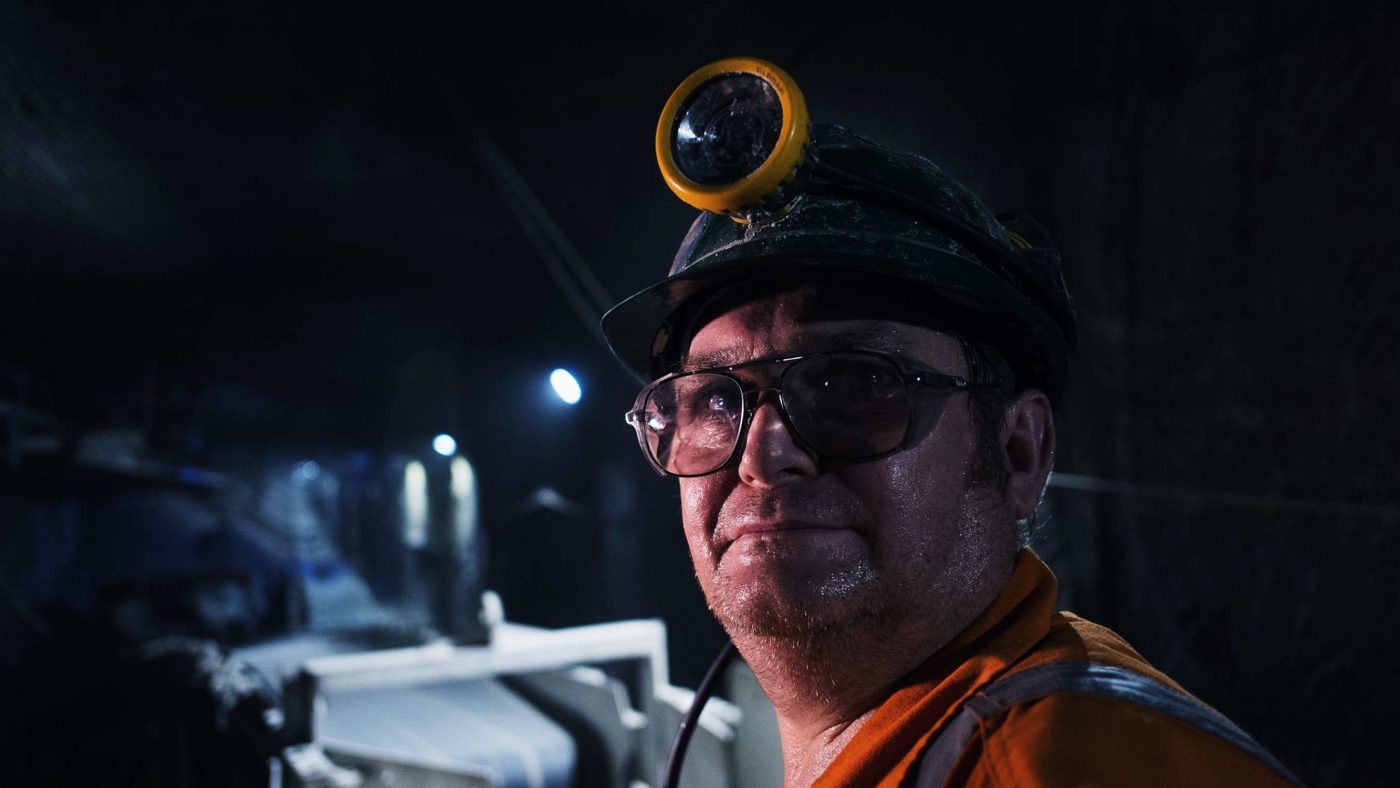Technological progress has frequently resulted in changes in the nature of work, sometimes affecting skilled workers more and sometimes affecting unskilled workers more. But whichever categories of worker were affected, such changes have almost universally been to the benefit of workers of all skill levels. Let’s consider two or three professions of the past.
Take the “tanner”. Before technology transformed the nature of such work, Wikipedia tells us that tanning “was considered a noxious or ‘odoriferous trade’ and relegated to the outskirts of town, amongst the poor… The ancient tanner might use his bare feet to knead the skins in dung water, and the kneading could last two or three hours.”
Let’s take another example: Mining. Traditional mining was a terrible job, involving pick axes and clambering through tunnels and working at uncomfortable angles whilst breathing in noxious fumes. But one of the most unpleasant parts of the job was simpler: dying. That has changed drastically. According to a paper on the subject, “coal mine fatality rates… have dropped almost a thousand fold since their peak in 1908.” Let’s say that again: “almost a thousand fold”.
A third: the computer. Originally the word “computer” meant a person who did rapid mathematical calculations by hand, through a combination of brute force and clever mathematical tricks. Such methods were even central to much of the early space programme.
As well as replacing jobs, technological change has been associated with a large reduction in working hours. Whereas in the late 19th century, the average US working week was 60 hours, now it is 33 hours. In the Netherlands it has dropped to 27 hours.
Technological developments, new tastes and work methods will replace or transform many of the jobs we do today, as well. Some studies suggest that up to 47 per cent of US jobs could be replaced by robots and artificial intelligence systems, though recent OECD work (sadly) prefers an estimate of 14 per cent. Sky News and Localis have done a study of the 18 areas in the UK where future technologies will most change work, suggesting 17.6 per cent of jobs across the UK might be affected, rising to 31 per cent in Corby, the most affected town.
This is great news for both skilled and unskilled workers. What will “unskilled work” mean in the future? It may will mean that, as artificial intelligence systems produce poetry or songs, unskilled workers will tell the computer which bits of the poem they like or don’t like, which bits seem to make sense, which bits make them sad or make them want to dance. Personally, I’d rather be doing that than kneading skins in dung water, but that might just be me.
If we had high unemployment, we might worry that technological change could induce unwelcome disruptions in the economy. But unemployment is currently at a four-decade low. Maybe it’ll go up a little as technological change leads to some companies exiting the market and new ones joining. Change is rarely entirely smooth and painless. But as things stand we have plenty of scope for unemployment to rise a little without that threatening social cohesion.
Past technological changes have made work more fun, less dangerous, allowed us to work shorter hours but produce more stuff, and raised pay and the real value of pay. Future technological changes will do the same.
Now of course people feared change in the past and fear it now — rightly so, in the sense that change is rarely painless and there will doubtless be some losers. For example, some people in skilled, highly-paid jobs now who will end up in lower-paid employment in the future. But those who have done better than others are not entitled to maintain their good luck in the face of change. Economic luck ebbs and flows. For the vast majority of us, technologically-induced labour market change will (after a period of adjustment) make our working lives better, and we should look forward to it with glee.


